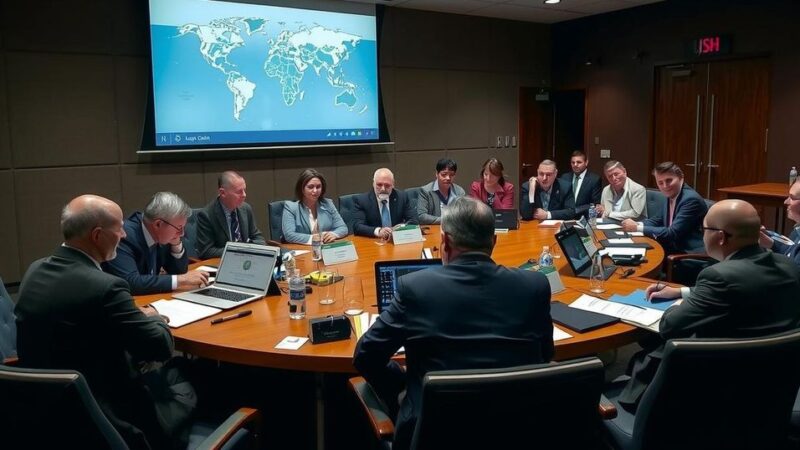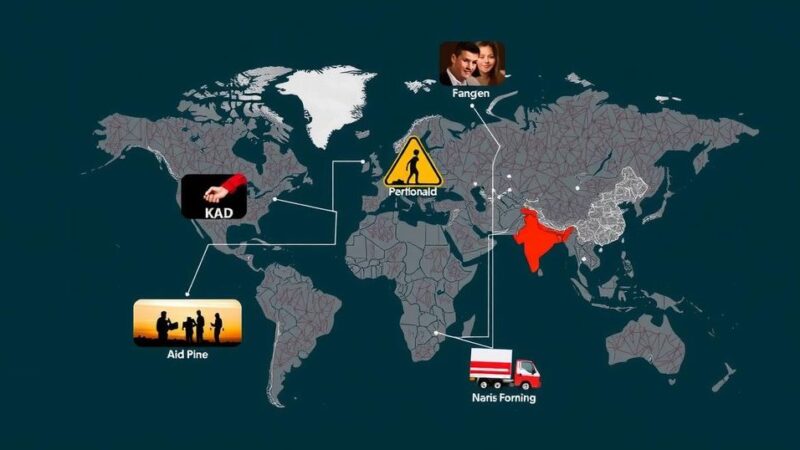The foreign ministers of Egypt and Jordan publicly voiced their support for Lebanon in reaction to Israel’s heightened military actions. This solidarity reflects the unique diplomatic stance of both nations, as they remain the only Arab countries that have signed peace agreements with Israel. Their approach emphasizes the necessity for regional collaboration in response to ongoing conflicts.
On Tuesday, the foreign ministers of Egypt and Jordan convened to express their unwavering support for Lebanon amidst the ongoing military actions taken by Israel. Both Egypt and Jordan, the only two Arab nations to have established peace treaties with Israel, conveyed a united front in their solidarity with Lebanon during these challenging times. The ministers emphasized the need for regional cooperation and advocates for dialogue to address the Israeli operations, which have reportedly escalated in recent weeks, impacting civilians and destabilizing the region. This statement underscores the ongoing tensions and the complex geopolitical dynamics in the Middle East, where historical grievances continue to affect diplomatic relations.
The recent escalation of hostilities between Israel and Lebanon has drawn international attention and concern. Egypt and Jordan’s support for Lebanon is significant given their unique positions in the Arab world as peace signatories with Israel. This support illustrates the delicate balance of relationships in the region, where longstanding conflicts and the quest for stability remain contentious issues. The response from these two nations reflects a broader urgency among Arab states to reaffirm solidarity in the face of perceived aggression, highlighting the interconnectedness of regional politics and the critical role of diplomacy in mitigating conflict.
In conclusion, the expressions of solidarity from Egypt and Jordan towards Lebanon highlight the ongoing challenges faced by the region amidst escalating tensions with Israel. Their diplomatic stance serves as a reminder of the complex relationships within the Arab states, underscoring the importance of collaboration and dialogue in striving for peace. Ultimately, these developments signal the necessity for a renewed focus on diplomatic efforts to address underlying issues contributing to regional instability, ensuring a unified approach against aggression.
Original Source: www.barrons.com






